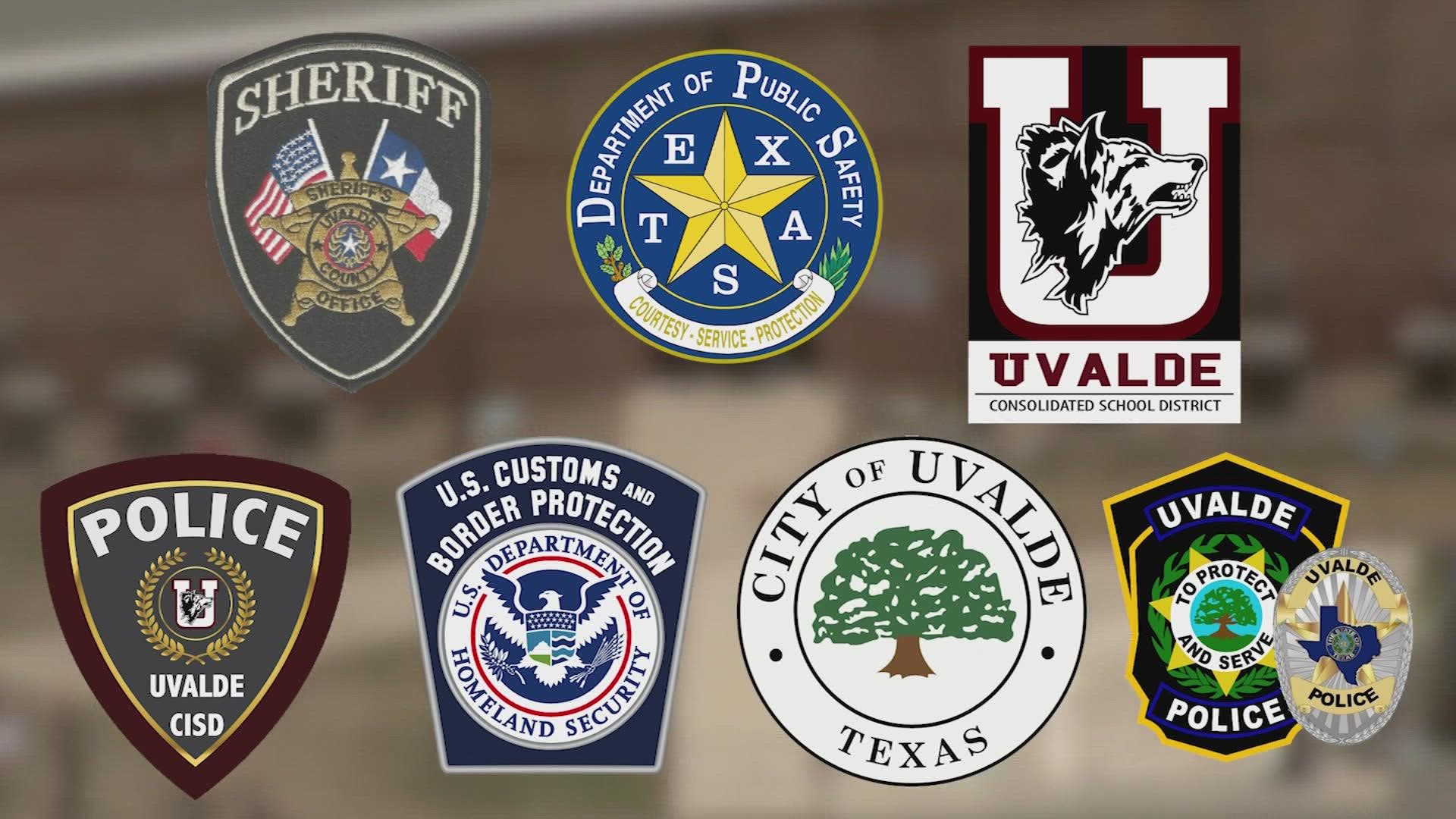UVALDE, Texas — The search for answers in the Robb Elementary School shooting is facing roadblocks as agencies continue to delay and deny public records requests.
KHOU 11 Investigates sent local, state and federal agencies a dozen letters containing 50 records requests about the shooting over the past three weeks, but most have been met with resistance.
“Obviously, we're not seeing much transparency out of the governmental bodies, the public officials that were involved in the in the response to the shooting,” said attorney Joe Larsen. “It's the lack of transparency. That's really where these governmental institutions are trying to subvert our democratic way of life by restricting the information that we need to be able to address the ills of our society, the problems of our institutions.”
The Texas Department of Public Safety, the City of Uvalde and the Uvalde County Sheriff’s Office have all objected to KHOU requests about 911 calls, police body camera footage, police disciplinary records and dispatch recordings. Those requests have all been sent to the Attorney General’s Office for review.
Most recently, the City of Uvalde on Thursday sent KHOU its brief to the attorney general, which outlines the reasons they think they should withhold records. It’s received 148 records requested related to the shooting, an attorney representing the city said in the letter.
It added that the shooting is being investigated by the FBI, Uvalde District Attorney and Texas Rangers, and they have objected to the disclosure of records that “may interfere with the ongoing investigation.”
Larsen, who spent his career fighting open-records battles, says the law enforcement investigation exemption is not absolute.
“If they wanted to, they could release all that information,” Larsen said. “They could release all that body camera footage right now.”
The City of Uvalde in its brief to the attorney general also pointed to privacy law, attorney-client privilege and possible future lawsuits as reasons why the record requests should be denied.
“There's a lot of CYA involved. There's no doubt about that. There's going to be legal action against a lot of these players. One of the exceptions that they claim is litigation exception,” Larsen said.
According to the brief, the City of Uvalde has already received a letter from an attorney, “which include evidence preservation demand and corresponding spoliation of evidence language,” an indication that they may be sued.
Separately, victims’ families filed a motion in court this week, demanding that the Uvalde Consolidated School District preserve maintenance records about the school door the shooter entered because it reportedly didn’t lock. An attorney for that family said in the motion that it also requested records about this but hasn’t received any.
The district filed a “catastrophe notice” with the attorney general in response to records requests. The notice and subsequent extension suspend the district’s requirement to respond to records requests for two weeks, “because the effect of this tragedy directly interferes with the ability of Uvalde CISD to comply with the Texas Public Information Act,” the notice reads.
The attorney general has 45 days after receiving a letter from an agency to decide whether to deny our requests.
Requests to another agency, the U.S. Border Patrol, which is under federal instead of state law, have been “denied in full,” saying they will be releasable after the investigation is completed.
“CBP has considered the foreseeable harm standard when reviewing the record set and has applied the
FOIA exemptions as required by the statute and the (U.S.) attorney general’s guidance. CBP has determined that the responsive records are denied in full,” the letter reads. “Once the investigation is complete and records have been processed, they will be made available on CBP's Reading Room.”

